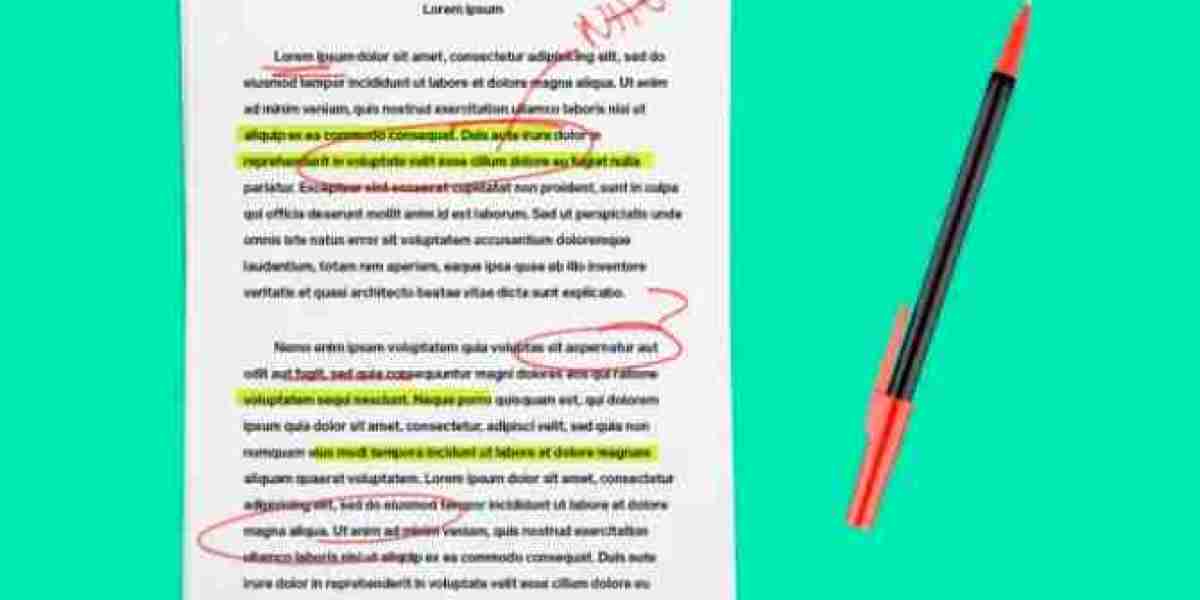Picture this: you've spent weeks writing your law school personal statement. You know your story, your goals, your academic background—but something feels off. The tone? The structure? You're not sure. You re-read it ten times, ask friends for feedback, and still can’t tell if it’s compelling or just… average. That’s where editing services like College Essay Editing Online step in. But is professional help truly better than doing it yourself? Especially when editors come with Ivy League degrees and a hefty price tag?
What Is EssayEdge? A Look Behind the Brand
EssayEdge is a premium editing service that focuses on admissions essays—personal statements, statements of purpose, and other application documents for college, graduate, MBA, medical, and law school. What sets it apart? The editors. EssayEdge highlights that its team is made up of graduates from Ivy League schools like Harvard, Yale, Princeton, and Stanford. Most have extensive admissions or writing backgrounds, many with professional editing experience and even publishing credits.
The company offers several packages—from basic proofreading to full-blown brainstorming, restructuring, and polishing. Prices range from about $79 to $379, depending on the service level and word count.
EssayEdge has been around since the late 1990s and claims over 10,000 successful clients annually. They’re transparent about the editor selection process and encourage customers to choose their preferred editor based on bios and sample edits. This adds a personal touch, making users feel like they’re in capable hands.
In short, EssayEdge sells not just editing—but credibility, insight into elite admissions, and the polish of someone who's been there. But does that justify the cost? That depends on several factors, which we’ll explore next.
DIY Essay Polishing: How Far Can You Go Alone?
Many applicants choose the DIY route for one main reason—it’s free. With online guides, grammar tools, YouTube videos, and even Reddit threads dedicated to admissions essays, there's no shortage of information out there. Grammarly, Hemingway Editor, and even ChatGPT can help you catch grammar errors and smooth your writing.
But editing an admissions essay is more than checking for typos. It's about:
Clarity of purpose
Structure and logical flow
Personal voice and authenticity
Storytelling strength
Adherence to word count without sacrificing meaning
These areas are harder to self-evaluate. After re-reading your own words dozens of times, you become blind to their flaws. Even smart applicants struggle with “over-explaining” or failing to connect their experiences to the essay’s theme.
Some try peer editing—asking a friend or mentor to review. While helpful, these readers may lack specific admissions insight or feel uncomfortable giving honest criticism.
So can DIY work? Absolutely, for strong writers with an eye for storytelling and structure. But it requires time, self-discipline, and usually, multiple revision rounds. For others, especially those applying to competitive programs or writing in a non-native language, DIY might leave gaps that a trained editor could have caught.
The Ivy-League Edge: What Do You Actually Get?
So, what does hiring an Ivy-League editor from EssayEdge really mean? Let's be clear—it doesn’t mean someone writes your essay for you. Instead, they work with your existing draft to refine, elevate, and focus it.
Here’s what most EssayEdge editors provide:
Structural guidance: Reordering paragraphs, cutting fluff, and strengthening narrative flow.
Tone adjustments: Making sure your voice sounds confident but not arrogant, personal but not overly casual.
Admissions insight: Editors often offer specific feedback aligned with what admissions committees look for.
Grammar and clarity: Tightening up language without altering your unique style.
Strategy feedback: Noticing weak openings, generic conclusions, or missed opportunities to tie things together.
Let’s consider an example: A medical school applicant wrote about volunteering at a rural clinic. Her original essay focused on her daily duties. The EssayEdge editor suggested focusing more on one impactful patient interaction—reframing the essay into a story rather than a list. That shift made the narrative memorable and emotionally resonant.
Another example comes from a law school applicant. His personal statement was technically flawless—but too abstract. The EssayEdge editor helped him anchor his argument with a specific courtroom internship story, turning theory into lived experience.
This kind of editing is hard to replicate on your own. The editors aren’t just good with words—they’re trained to see what makes an essay work in the eyes of a reader who's read thousands.
Breaking Down the Cost: Is It Justified?
Now to the big question—is EssayEdge worth the cost?
Let’s break it down with a typical scenario: You’re applying to five graduate programs. Your personal statement is 1,000 words. You choose EssayEdge’s Premium package (which includes brainstorming, multiple rounds of edits, and comments on structure and content) at about $379.
That’s a lot. But compare it to:
GRE prep course: ~$500–$1,000
Application fees: ~$75 per school = $375
Transcript fees, score reports: ~$100–$200
One school’s tuition: $30,000–$70,000+
Suddenly, spending $300–$400 to improve the one essay that could tip the scales in your favor doesn’t seem outrageous—if the editing significantly enhances your chances.
But here’s the nuance: EssayEdge doesn’t guarantee admission. No editing service can. Its value lies in making sure your story is told as clearly, persuasively, and professionally as possible. If your writing is already strong, you might not need Premium—you might get away with the Standard or Proofreading package.
Bottom line? The cost is justified for competitive programs, scholarships, or applicants with weak writing skills. For confident writers with a tight budget, the DIY route may be enough—provided you get at least one outside opinion.
Key Pros and Cons of EssayEdge
Let’s simplify the decision by weighing the pros and cons of EssayEdge.
✅ Pros:
Top-tier editors: Ivy-League backgrounds, often with admissions experience.
Deep revisions: Not just grammar, but storytelling, structure, and tone.
Transparent process: You can choose your editor based on bios and samples.
Fast turnaround: Options for 48-hour return on tight deadlines.
Specialized knowledge: Editors familiar with law, med, MBA, and grad school applications.
❌ Cons:
Expensive: Premium edits cost more than some entire prep courses.
No guarantees: Polished essays don’t mean automatic acceptance.
May over-sanitize: Some edits can unintentionally dull the writer’s unique voice.
Better for essays with substance: If your essay lacks content, editing alone won't save it.
Many users report a significant improvement in confidence after receiving feedback—often citing clarity, cohesion, and flow. Others caution that the cost can be high for applicants on tight budgets, and that over-editing may make the essay feel “less like me.”
The takeaway? EssayEdge can be a powerful tool—but only if you have the raw material to work with and choose a service level that matches your actual need.
When to Choose EssayEdge vs. DIY
Still undecided? Here's a practical way to decide:
Choose EssayEdge if:
English isn’t your first language
You’re applying to top-tier or Ivy-League schools
Your essay feels “off” but you can’t pinpoint why
You’ve written multiple drafts but feel stuck
You want a professional eye to shape your narrative
Go DIY if:
You’re confident in your writing skills
You’ve had strong feedback from peers or mentors
You’re applying to less selective programs
Your essay is more technical than personal
Budget is your top constraint
Consider this: One well-crafted essay can often be reused or adapted across multiple applications. That makes the return on investment much higher than it seems at first glance.
Final Verdict: Is EssayEdge Worth It?
EssayEdge isn’t cheap—but for many, it’s not just about editing. It’s about clarity, confidence, and competitive edge. If you’re aiming for elite programs or struggling to tell your story well, the cost can be a smart investment. That said, not everyone needs it. Skilled writers with a strong support network can often DIY successfully. Like most things in admissions, it depends on your background, goals, and resources. But one thing is clear: in a pile of thousands of applications, a polished essay can absolutely make a difference—and sometimes, that difference is worth every dollar.




